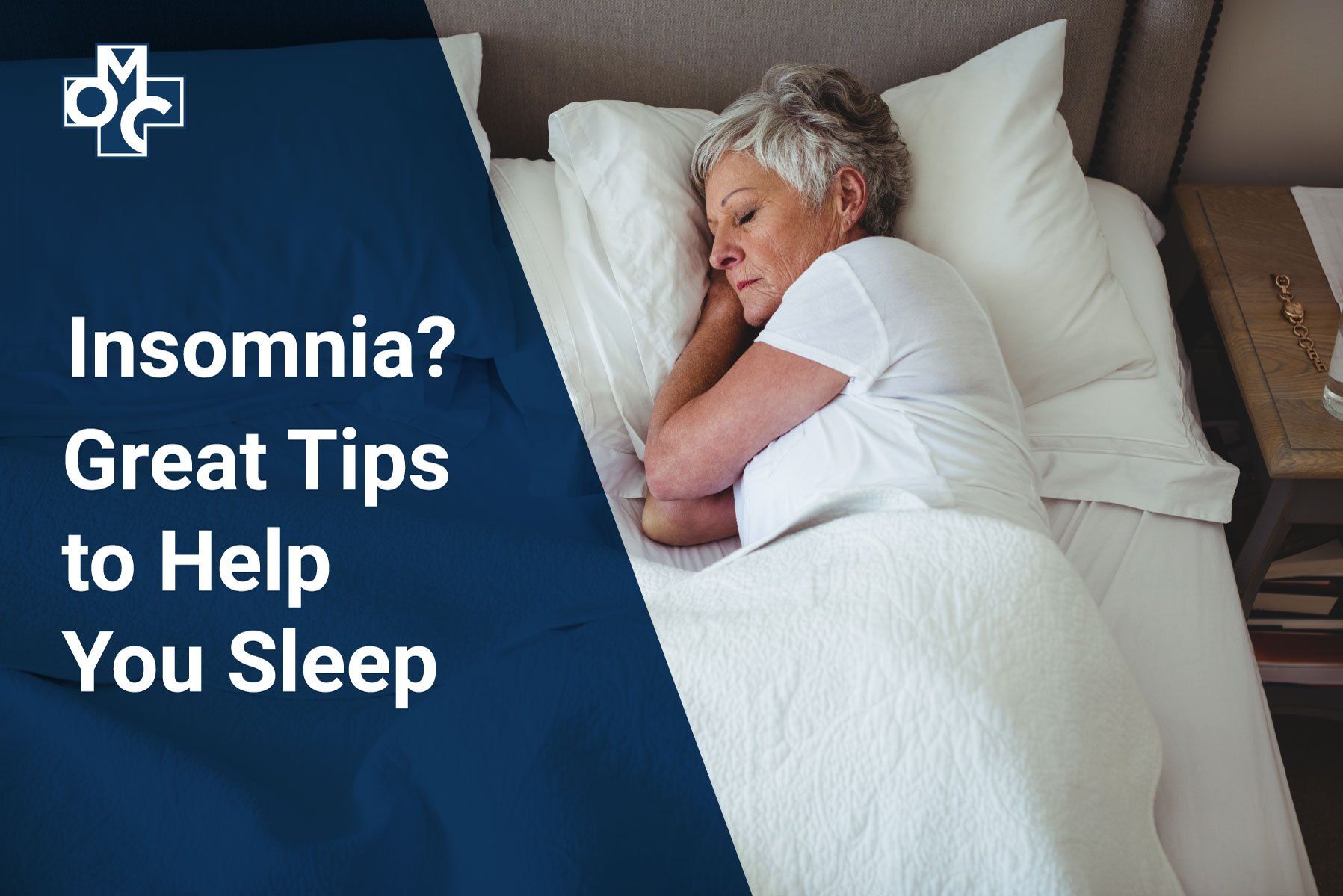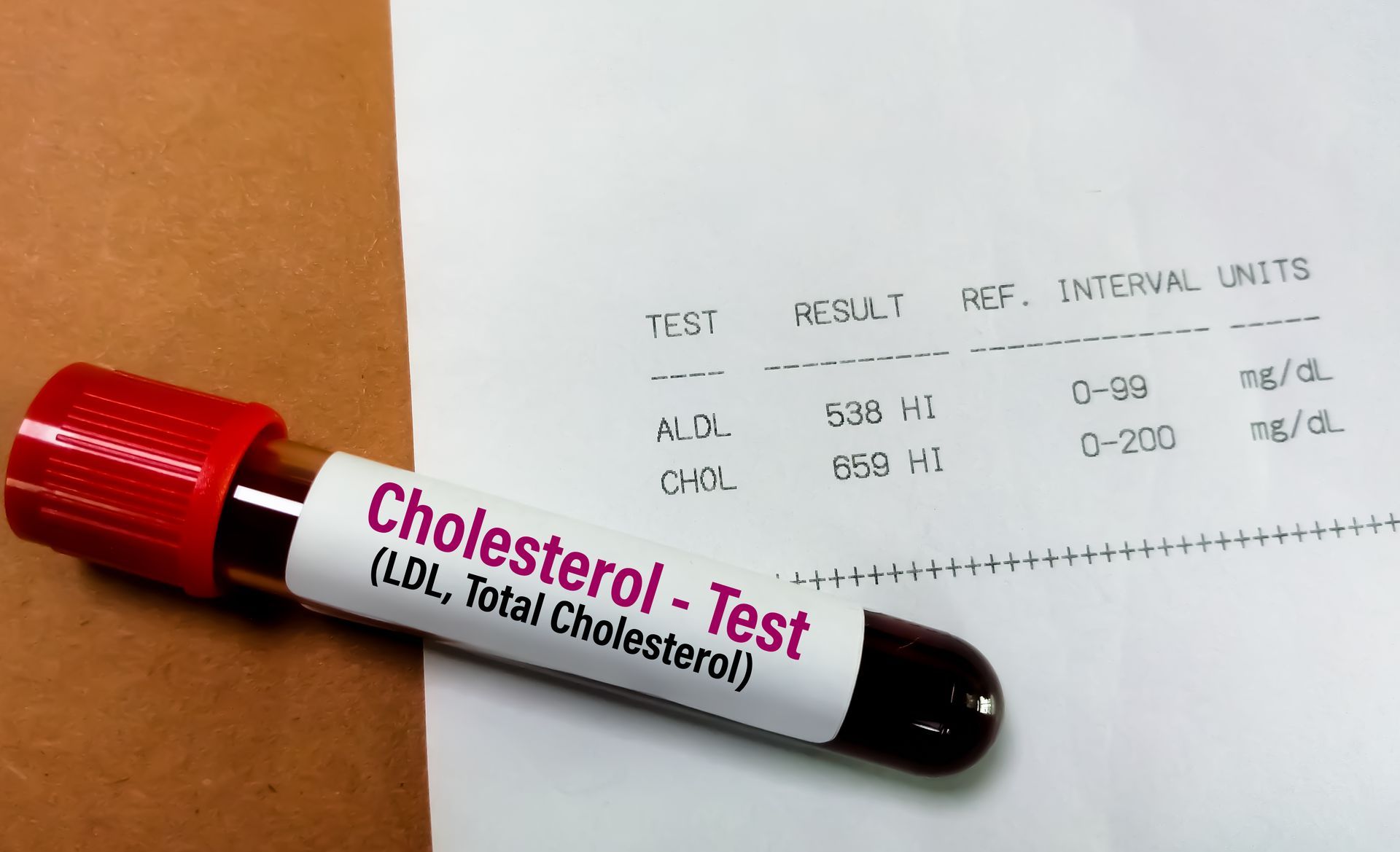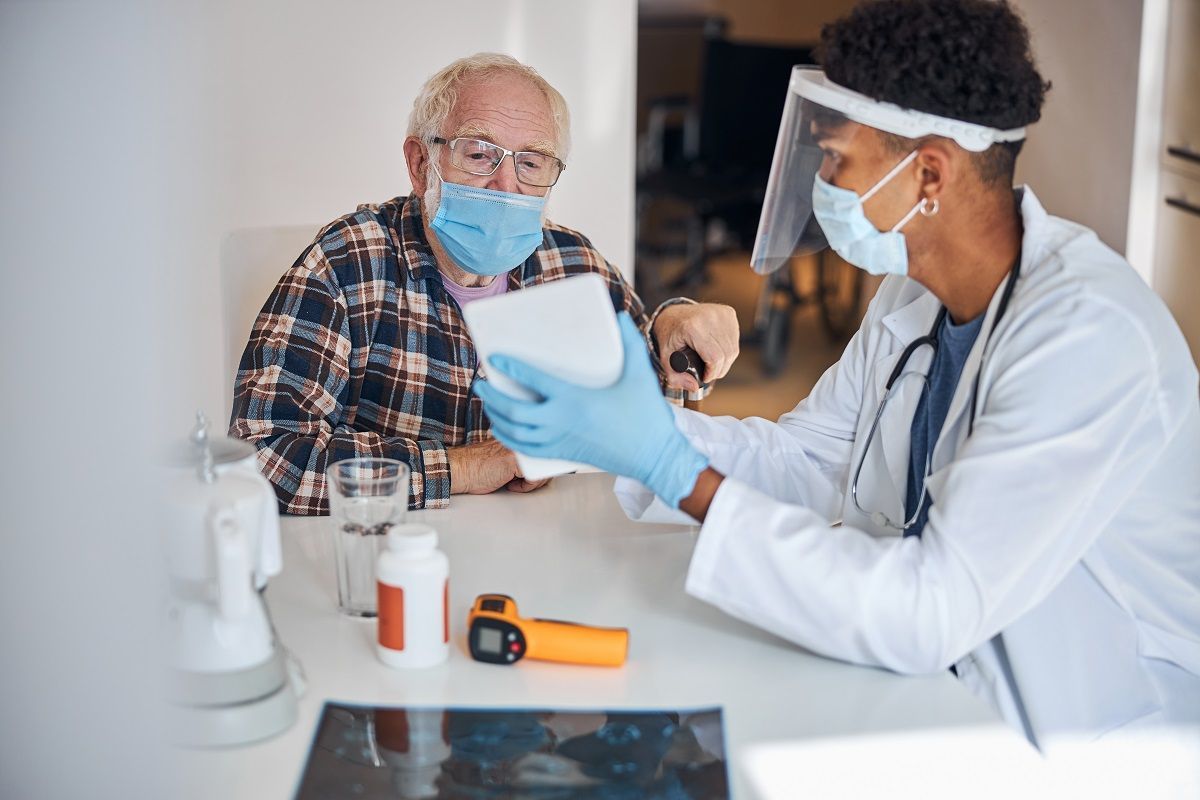Our Location
Elige tu idioma:
Insomnia? Great Tips to Help You Sleep

Most adults aged 60 and older have insomnia. People with this condition struggle to fall and stay asleep. Likewise, insomnia can last for weeks, months, and even years. Older people are not the only ones who deal with insomnia; almost all age groups are affected. So in this article, we’ll discuss things about insomnia and provide you with great tips to help you sleep.
What is Insomnia?
According to the American Psychiatric Association (APA), insomnia is the most common form of sleep disorder. Some people who have insomnia have difficulty falling asleep or staying asleep. At the same time, others wake up in the middle of the night and lie awake for hours. If you are tired and sleepy during the daytime and sleep eight hours a night, you may have insomnia.
The
Perelman School of Medicine also states that 25% of Americans struggle from insomnia every year, but 75% do not develop long-term problems. The question is:
How to fight insomnia? Fortunately, there is a cure for insomnia. It can be treated without prescription drugs or sleep specialists. So, with a few lifestyles and sleep changes, you can stop insomnia and sleep better at night.
How to Fall Asleep With Insomnia?
There is no universal method to help one address insomnia. But a combination of these insomnia tips can make you sleep better.
Establishing a Sleep Schedule
To be a healthy senior, sleep should be at least seven to nine hours. Be consistent with your bedtime and waking-up time, as well. Limit the time difference between your weeknight and weekend sleep schedules to no more than an hour. Through this, you reinforce your body's sleep-wake cycle. When you still can't sleep after 20 minutes, read or listen to relaxing music. Consider sipping on a warm herbal tea or glass of milk. Better keep a routine that works for you and trains your mind and body to sleep.
Don't Consume Caffeine Late in the Day.
Caffeine can disrupt your sleep. A study found that caffeine consumption up to six hours before bedtime affects sleep. Much worse, late-day caffeine consumption stimulates the nervous system and prevents your body from relaxing. These effects can contribute to a shorter night's sleep. If you feel the need for coffee late in the afternoon or evening, try decaffeinated coffee.
Avoid Long or Irregular Daytime Naps
Daytime naps can disturb nighttime sleep. It may also cause your internal clock to be confused, making it difficult to sleep at night. According to a study, taking a 30-minute nap can boost brain power during the day, but longer naps can harm health and sleep quality. Sleeping patterns change as we age. So, if you feel like napping, limit it to 30 minutes and avoid taking naps late in the Day.
Reduce the Use of Technology During Bedtime.
Do you usually sleep with your gadgets beside you? Or watch television for hours before bedtime? Researchers believe that bright screens reduce our brain's level of melatonin at night. Our bodies produce melatonin to regulate our sleep cycles. When induced by technology, artificially lower levels can affect our sleep. What can be done? Some elderly people check their email and Facebook on their phones. For these activities, it is advisable to do them in the morning. Lower the brightness of your phone's screen if you need to use technology at night.
Refrain Smoking and Drinking Alcoholic Beverages
Smoking increases an older adult's risk of developing insomnia. However, since nicotine inside a cigarette acts as a stimulant, smoking can mask your exhaustion. Nicotine also helps in waking you up the next day and staying alert. While alcohol has its sleep-inducing properties, it hinders the sleeping process later on. Alcohol consumption before bedtime reduces sleepiness, but the consequences remain. Taking and doing either of these every day is detrimental to our sleep. As we age, staying healthy and secure is paramount.
Rest in a Comfortable Environment
Make your bedroom conducive to sleeping. If you need to create an environment that suits your needs, use a fan, earplugs, or room-darkening shades. In addition, taking a bath or using relaxation techniques, might promote better sleep.
Insomnia Medications— To Help You Fall Asleep Easier
Changing sleeping habits and addressing sleep disruptions are usually best to improve sleep for older people with insomnia.
On the other hand, can we consider medications for treating insomnia? Depending on the severity of your insomnia, your doctor may prescribe prescription medication to help you sleep. It may involve sleep-inducing medication, cognitive behavioral therapy (CBT-i), or a combination of the two. Positive lifestyle changes, such as the tips mentioned above may alleviate symptoms for older adults. If the patient suffers from chronic or short-term insomnia, specific treatment recommendations depend on their medical history.
Generally, doctors advise against using prescription sleeping pills for more than a few weeks. Nevertheless, some medications can be for long-term use:
- Eszopiclone (Lunesta)
- Ramelteon (Rozerem)
- Zaleplon (Sonata)
- Zolpidem (Ambien, Edluar, Intermezzo, Zolpimist)
The use of prescription medicines to treat insomnia causes daytime drowsiness. Since these medicines can cause falls and hip fractures in older adults, they aren't usually recommended for long-term use. Ask your doctor which prescription medications are safe for you.
Ocana Medical Care, located in Tampa, FL, aims to bring you as much information as possible to keep you healthy. We're in this together. #ocanacares
“Respect. Compassion. Quality. Integrity. These are the values on which Ocana Medical Center was built. Our aim isn’t just to treat you today. We hope to earn your trust and be your healthcare provider for life.”
©2023 Ocana Medical Group, Inc.
USEFUL LINKS
GET IN TOUCH
Call Us Today
Send us Email
Our Location
Ocana Medical Center | All Rights Reserved.












